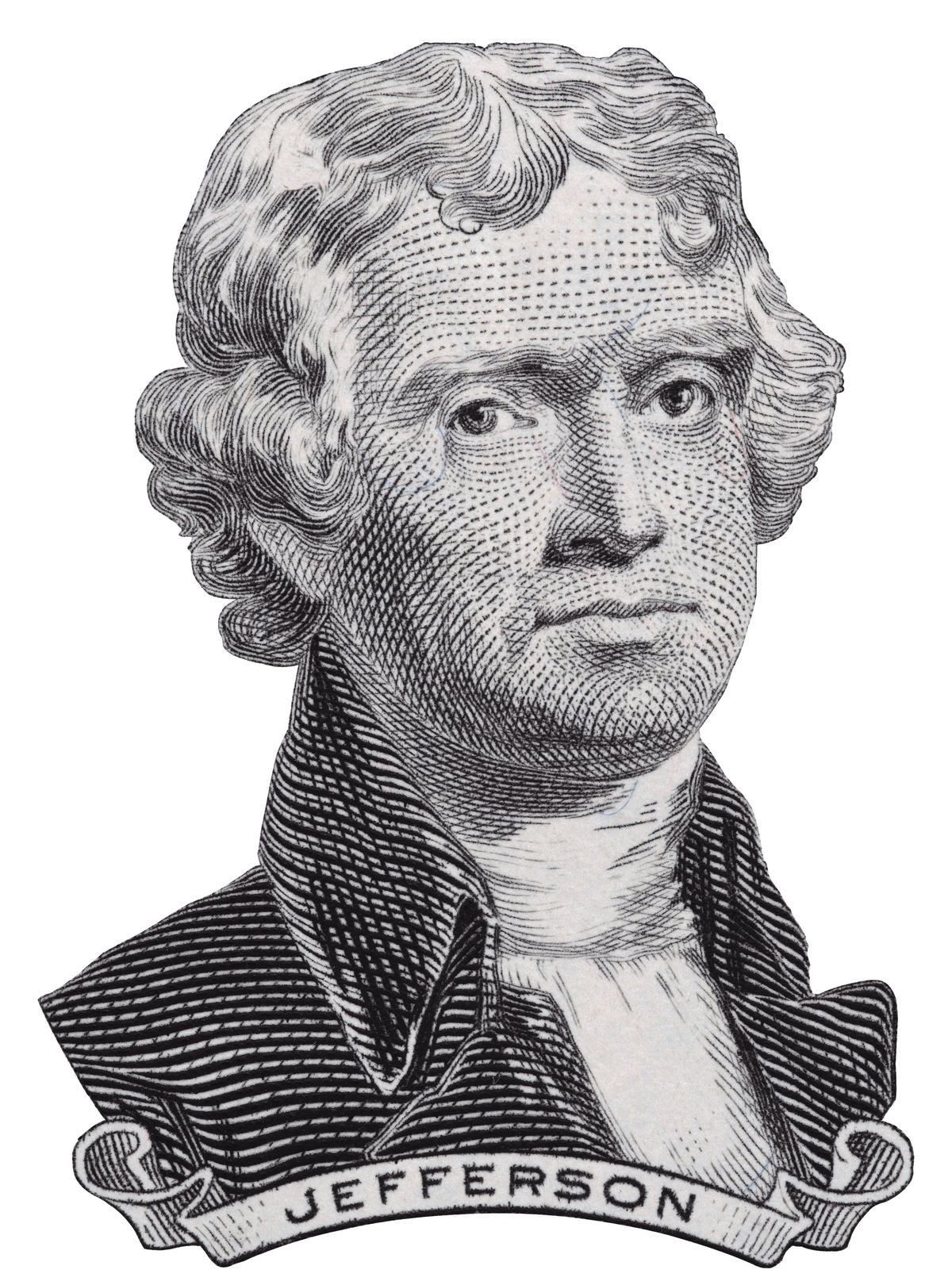
During a recent interview, House Speaker Mike Johnson (R-LA) suggested that the founders' intent to separate church and state has been widely misunderstood and that government leaders should more openly express their faith in their work.
NBC News reported Tuesday that Johnson called the separation of church and state — which Thomas Jefferson called for in a letter to church leaders — a "misnomer." He added that the phrase wasn't in the U.S. Constitution, even though the First Amendment's establishment clause is widely interpreted as the founders' belief that the government should be seen as separate from any religious institution.
"What [Jefferson] was explaining is they did not want the government to encroach upon the church — not that they didn’t want principles of faith to have influence on our public life," Johnson said on CNBC's Squawk Box. "It’s exactly the opposite."
"[The founders] knew that it would be important to maintain our system," Rep. Johnson continued. "And that’s why I think we need more of that — not an establishment of any national religion — but we need everybody’s vibrant expression of faith because it’s such an important part of who we are as a nation."
In his 1802 letter to the Danbury Baptist Association, however, President Jefferson alluded specifically to the First Amendment, saying he had "sovereign reverence" for the establishment clause that effectively built "a wall of separation between Church & State."
"I shall see with sincere satisfaction the progress of those sentiments which tend to restore to man all his natural rights," Jefferson wrote.
Johnson's argument also contradicts fourth US President James Madison, who once wrote a comprehensive argument against government endorsement of religion in a 1785 document dubbed "Memorial and Remonstrance Against Religious Assessments." According to the Center for American Progress, Madison wrote this in response to proposed legislation in Virginia dubbed "establishing a provision for Teachers of the Christian Religion."
READ MORE: How 'fringe' movements have shaped Mike Johnson's 'Christian nationalist' ideology: report
"Who does not see that the same authority which can establish Christianity, in exclusion of all other Religions, may establish with the same ease any particular sect of Christians, in exclusion of all other Sects?" Madison wrote.
Prior to being elected to Congress in 2016, Johnson was an attorney for the Alliance Defense Fund (now the Alliance Defending Freedom), and frequently argued for increased religious presence in public schools.
"The Bible is and should be an appropriate course of study in our public schools," Johnson wrote in a 2007 op-ed. "Because it is the most widely read, widely published, most influential book in all of history, censoring it from the classroom is as unwise as it is unnecessary."
In 2019, Johnson posted a statement to his official Congressional website blasting Democrats for omitting the phrase "so help me God" while swearing in witnesses before a committee hearing. He suggested the omission was an intentional gambit of "cultural Marxism" and that removing references to God "traces back to communist ideology."




